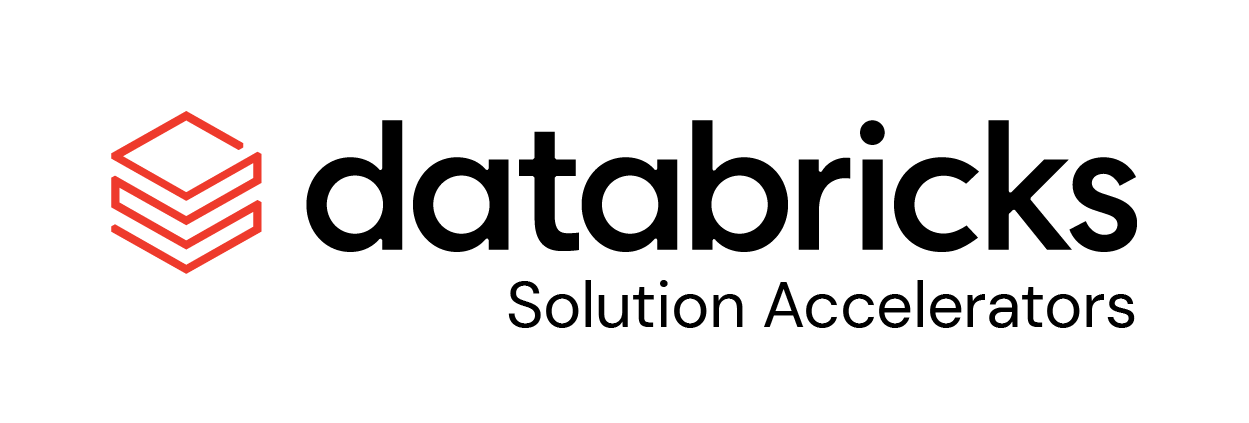The COMTRADE format is the standard for the interchange of various types of fault, test, and simulation data, defined by the Institute of Electrical and Electronic Engineers (IEEE). This format is widely used in a number of analytic applications, making it critical that we demonstrate how such data can be processed in Databricks.
In this solution accelerator, we will show how electric signal data captured in the COMTRADE format can be processed in a distributed manner using a Databricks cluster. We explore data in notebook 01, build an ETL pipeline in 02 and train a fault detection model in 03. In notebook 04, we use a DLT TO create a streaming pipeline and orchestrate the fault detection pipeline end-to-end, covering all the functionalities from the other notebooks
[email protected], [email protected], [email protected]
© 2023 Databricks, Inc. All rights reserved. The source in this notebook is provided subject to the Databricks License [https://databricks.com/db-license-source]. All included or referenced third party libraries are subject to the licenses set forth below.
| library | description | license | source |
|---|---|---|---|
| comtrade | A module designed to read Common Format for Transient Data Exchange (COMTRADE) file format | MIT | https://pypi.org/project/comtrade/ |
| comtradehandlers | File handlers for the COMTRADE format | MIT | https://github.com/relihanl/comtradehandlers.git#egg=comtradehandlers |
Although specific solutions can be downloaded as .dbc archives from our websites, we recommend cloning these repositories onto your databricks environment. Not only will you get access to latest code, but you will be part of a community of experts driving industry best practices and re-usable solutions, influencing our respective industries.
To start using a solution accelerator in Databricks simply follow these steps:
- Clone solution accelerator repository in Databricks using Databricks Repos
- Attach the
RUNMEnotebook to any cluster and execute the notebook via Run-All. A multi-step-job describing the accelerator pipeline will be created, and the link will be provided. The job configuration is written in the RUNME notebook in json format. - Execute the multi-step-job to see how the pipeline runs.
- You might want to modify the samples in the solution accelerator to your need, collaborate with other users and run the code samples against your own data. To do so start by changing the Git remote of your repository to your organization’s repository vs using our samples repository (learn more). You can now commit and push code, collaborate with other user’s via Git and follow your organization’s processes for code development.
The cost associated with running the accelerator is the user's responsibility.
Please note the code in this project is provided for your exploration only, and are not formally supported by Databricks with Service Level Agreements (SLAs). They are provided AS-IS and we do not make any guarantees of any kind. Please do not submit a support ticket relating to any issues arising from the use of these projects. The source in this project is provided subject to the Databricks License. All included or referenced third party libraries are subject to the licenses set forth below.
Any issues discovered through the use of this project should be filed as GitHub Issues on the Repo. They will be reviewed as time permits, but there are no formal SLAs for support.




